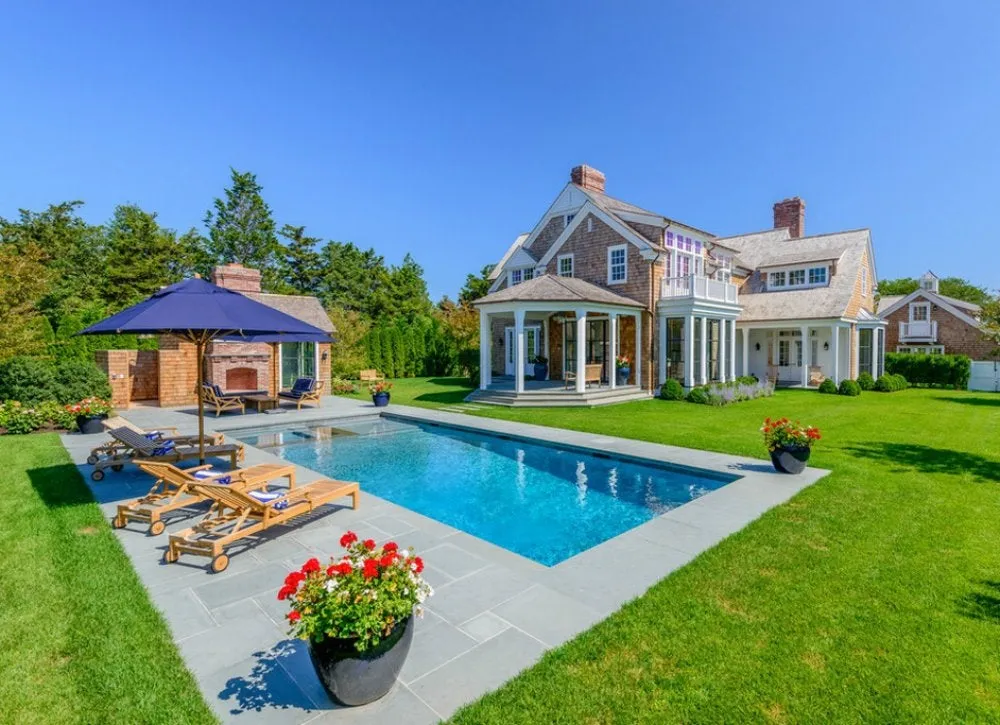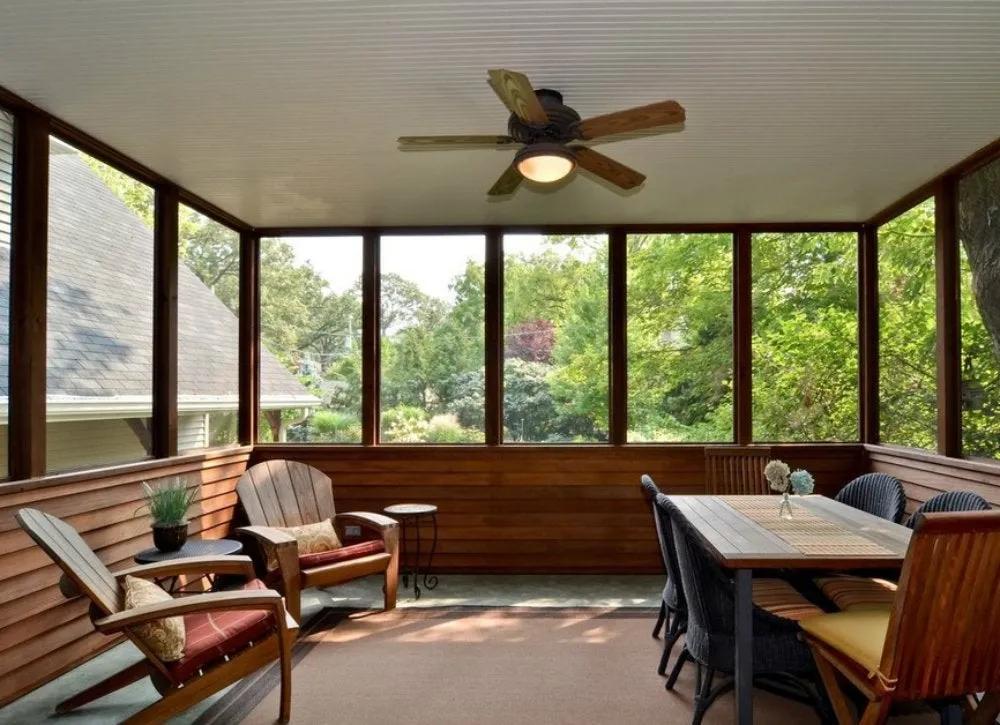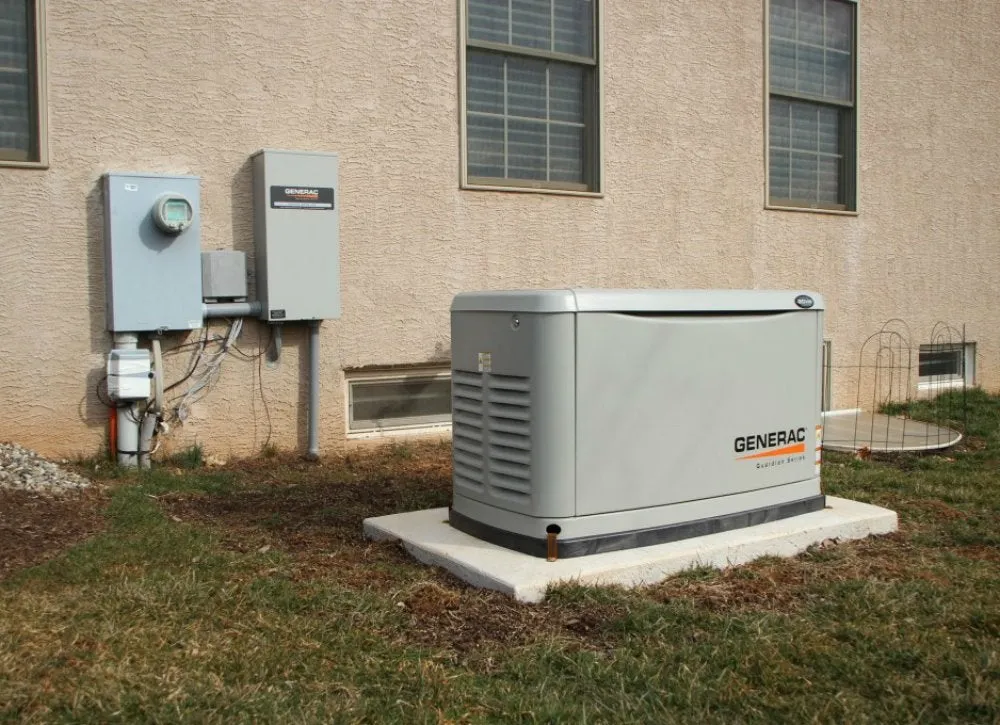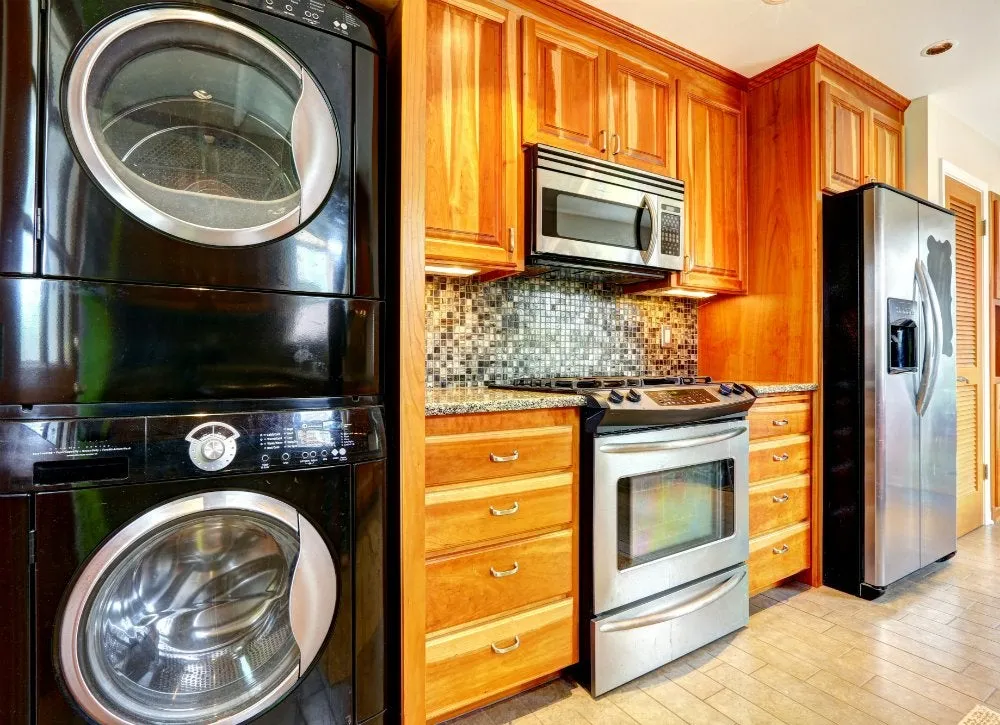Buying a home is exciting, but new homeowners often face unexpected expenses that can quickly drain their budgets. From costly renovations to recurring services, it’s easy to overspend on improvements that offer little real value. Smart homeowners focus on upgrades that enhance functionality, save money, or boost comfort, while avoiding projects that don’t deliver a worthwhile return on investment.
Understanding common money traps like overpaying for lawn care, installing pools, or purchasing unnecessary warranties can help you make informed decisions. This guide highlights key spending pitfalls and practical alternatives, empowering you to protect your finances and invest wisely in your home.
The Grass Is Not Always Greener

Professional lawn-care services promise a lush, green lawn but often cost hundreds per month for weekly mowing and treatments. You can save significantly by investing in a quality mower, over-the-counter fertilizer, and regular weekend maintenance.
Don’t Take Don’tlunge

A backyard swimming pool may seem like the ultimate luxury, but installation and upkeep come with high costs. Beyond filling it with water, you’ll need chemicals and heating. Pools also appeal to only some buyers, offering limited resale value.
Not Too Bright

A sunroom offers a relaxing space to unwind, but it’s an exquisite addition. According to Remodeling magazine’s vs. Value Report, homeowners typically recover only about half of the investment.
Alfresco Additions

An outdoor kitchen appeals to backyard entertainers, but the high cost of appliances and installation often outweighs usage. A premium gas grill delivers luxury and functionality at a fraction of the price.
Trust the Grid

Being prepared for emergencies is wise, but a backup generator is often unnecessary. Integrated systems are costly and add little resale value. In areas with rare power outages, skipping this expense makes financial sense.
Don’t Spend Don’t Extend

Salespeople often push extended warranties on new appliances, but they rarely pay off. Most appliances don’t fail don’tg theduringage period. If extra protection feels necessary, check your credit card—many already include a year of extended warranty.
Feel the Pain of PMI

Homeowners who put down less than 20% often must pay private mortgage insurance (PMI), adding significant monthly costs. Eliminating PMI early by making extra payments in the first two years can lower both your monthly bills and total interest over the life of the loan.
Out the Window

Poorly insulated windows can waste money on energy bills. A home energy audit targeting the attic, doors, and windows can pinpoint improvements. Adding insulation and weatherstripping can significantly reduce monthly costs.
Frequently Asked Questions
What are the biggest money-wasters for new homeowners?
Common culprits include high-cost lawn services, backyard pools, sunrooms, outdoor kitchens, extended warranties, PMI, backup generators, and poorly insulated windows.
Are professional lawn-care services worth the cost?
They can be convenient but expensive. Investing in a quality mower, fertilizer, and regular weekend maintenance often saves money without sacrificing lawn quality.
Do backyard pools increase home resale value?
Pools appeal to a limited number of buyers, so they usually offer minimal resale value compared to their high installation and maintenance costs.
Is an outdoor kitchen a good investment?
Outdoor kitchens are expensive and may see limited use. A high-end gas grill often delivers similar enjoyment at a fraction of the cost.
Should I buy an extended warranty for appliances?
Most appliances don’t fail during the extended warranty period, so the coverage often isn’t necessary. Check if your credit card already provides a year of extended protection.
How can I reduce private mortgage insurance (PMI) costs?
Making extra payments in the first couple of years can help eliminate PMI faster, reducing monthly payments and overall interest.
Are home energy improvements worth it?
Yes. Insulating windows, doors, and the attic, along with adding weatherstripping, can significantly lower monthly energy bills.
Conclusion
Smart homeownership means making improvements that add real value without overspending. By avoiding common money traps—from costly upgrades to unnecessary services—you can protect your budget, enhance your home’s funchome’sfunctionalityst in projects that truly pay off.











